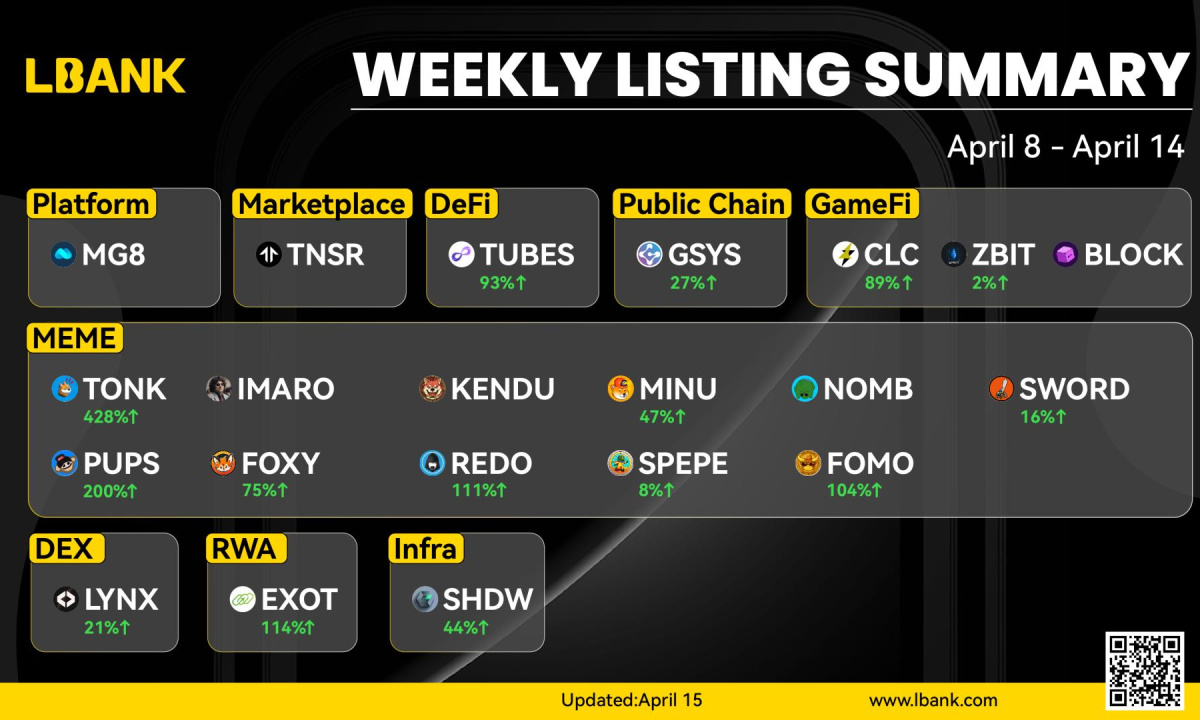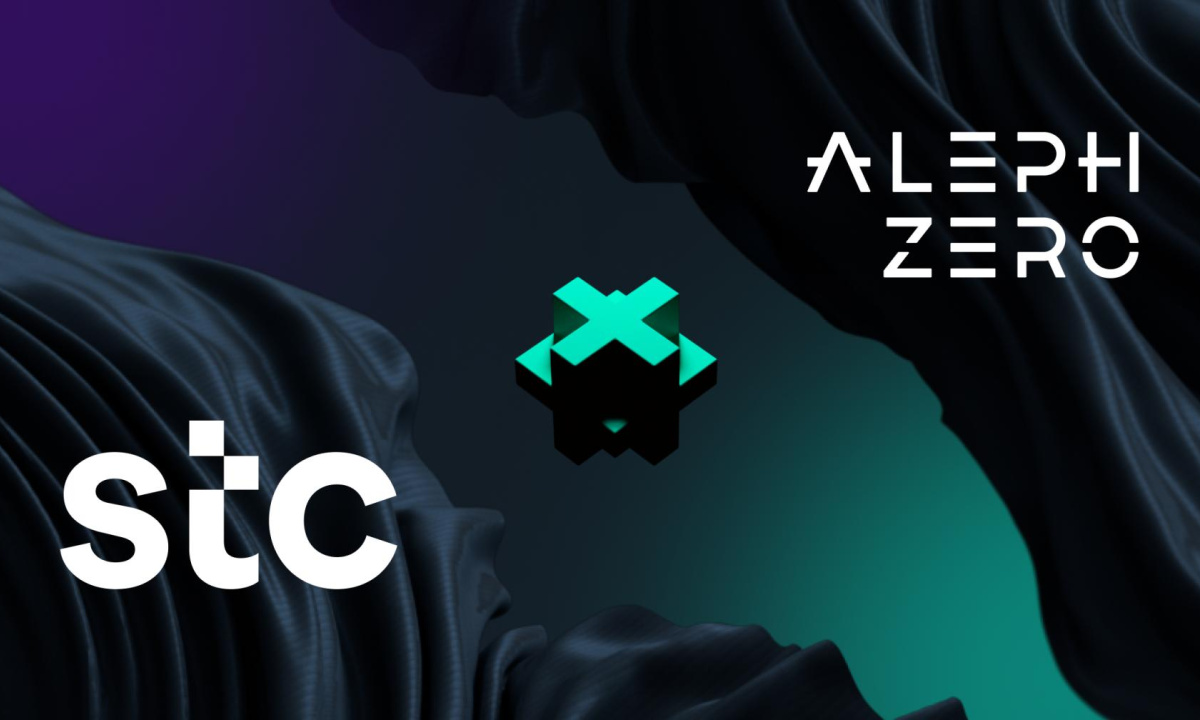MetaMask's co-founders, Aaron Davis and Dan Finlay, recently made statements criticizing Celsius and Voyager, two platforms that represent what has been variably called "CeFi" or centralized finance, in contrast to decentralized finance (DeFi).
According to Davis and Finlay, Celsius and Voyager have not been operating with full transparency, going on to mislabel their products as falling under the DeFi category. In an interview with media outfit Vice, the two claimed that the current state of the crypto industry shows that it is still in its early stages, going on to claim that crypto was not "the future of finance" just yet. Davis further warned that personalities and entities who are encouraging people to go all in on crypto are therefore asking to people to engage in "extremely dangerous behavior."
Davis is of the opinion that buying crypto is a gamble, and he believes that there is currently a wide variety of scams, Ponzi schemes, and hacks, especially given the nature of decentralized finance.
The MetaMask co-founders blast Celsius and Voyager as not operating transparently and mislabelling their products as DeFi. The recent crypto winter is a testament to this, and the two co-founders allude to the downturn as a humbling experience, while also pointing to it as a sort of wake-up call for people in the industry to truly understand the risks of investing in digital assets such as crypto.
The main differentiation between CeFi and DeFi is that it is being sold based on the same gains and yields as DeFi, except with the added benefit of supposed seamlessness and ease of use that's been the hallmark of centralized platforms. CeFi crypto companies have been coming under increased scrutiny lately, with some in the industry accusing them of being no different from traditional financial institutions. These companies have also been criticized for their lack of transparency and for not living up to the decentralized ethos of crypto, and the MetaMask co-founders' statements add to this growing chorus.
"A lot of the collapses that happened during this last round were things that were branding themselves as DeFi but then were actually kind of operating as shadow banks with massive leverage," Finlay claimed.
Celsius and Voyager, in particular, have been struggling during the market-wide downturn, with both firms falling into bankruptcy and leaving users hapless.
Neither Finlay nor Davis, however, have disclosed whether this extends to being able to detect airdropped tokens automatically, given that this strategy is one of the most common schemes implemented by scams, generating interest for a supposedly legitimate token by using a significant USD equivalent for the airdropped tokens and blocking the liquidation process thereafter through an external phishing site.
On MetaMask's end, the crypto wallet platform has also been transparent as to the limitations of what it can do to prevent bad actors.
"It’s by definition impossible for us to wrap the whole thing into one unified bow and enforce it in a direction." Finlay said.
Finlay acknowledges that MetaMask cannot at any point actually "police" these bad actors, but that their crypto wallet is creating initiatives to implement a more "consensual" approach to the Web3 experience, making it "harder for unreputable things to gain credibility" in the space.
Disclaimer: This article is provided for informational purposes only. It is not offered or intended to be used as legal, tax, investment, financial, or other advice.












